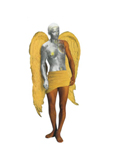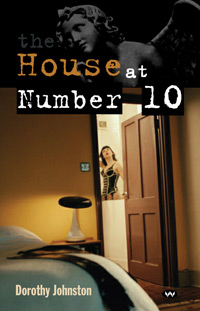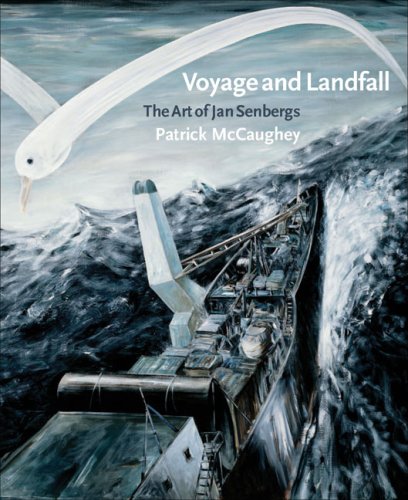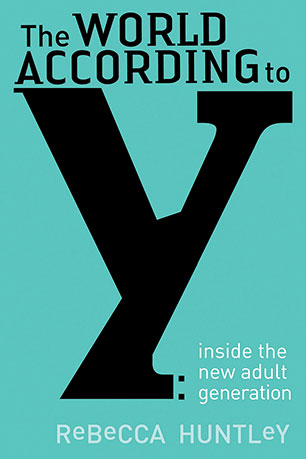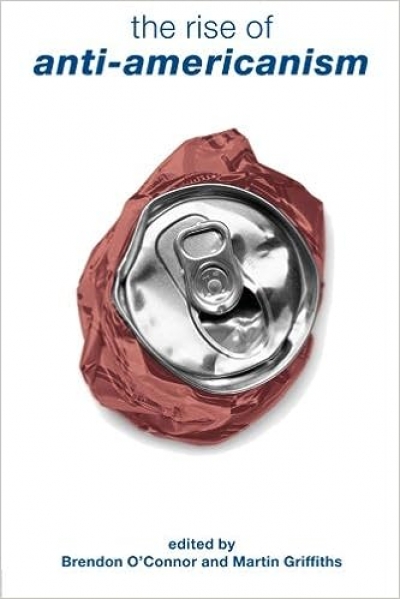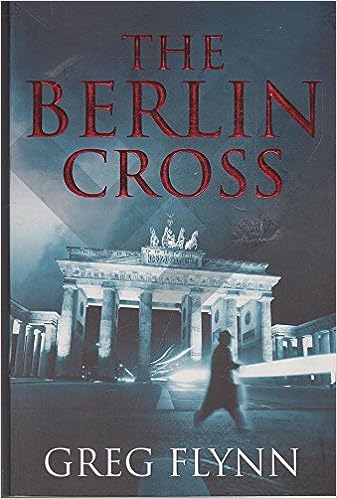Archive
Film | Theatre | Art | Opera | Music | Television | Festivals
Welcome to ABR Arts, home to some of Australia's best arts journalism. We review film, theatre, opera, music, television, art exhibitions – and more. To read ABR Arts articles in full, subscribe to ABR or take out an ABR Arts subscription. Both packages give full access to our arts reviews the moment they are published online and to our extensive arts archive.
Meanwhile, the ABR Arts e-newsletter, published every second Tuesday, will keep you up-to-date as to our recent arts reviews.
Recent reviews
Sunday Menu: Selected Short Stories of Pham Thi Hoai by Pham Thi Hoai
by Patrick Allington •
Voyage and Landfall: The Art of Jan Senbergs by Patrick McCaughey
by Vivien Gaston •
The World According to Y: Inside the New Adult Generation by Rebecca Huntley
by Jake Wilson •
The Rise of Anti-Americanism edited by Brendon O'Connor and Martin Griffiths
by Peter Haig •

